Mühldorfer Low Glycaemic Prebiotic
$32.05
- Uncompromising quality, every time.
- Online assistance, always just a message away.
- Unbeatable Quality, Unbeatable Value
- 7 days return and exchange

Grain-free horse feed from alternative energy sources with greatly reduced starch and sugar content. The basic feed was designed as a full alternative to conventional concentrated feed. The following factors had to be taken into account:
1. Energy supply without using risky, easily digestible carbohydrates. Realised by: Energy sources with minimal starch and sugar content (<10% of the total ration), such as native vegetable oil, oil seeds, stabilised rice bran and fermentable beet fibre.
2. Sensible balance of vital substances in the case of missing whole-grain cereal components. Realised by: organically bound vitamins from vegetable oils, stabilized rice bran, high-quality amino acids, calcium and protein-rich alfalfa and oil seeds.
3. Natural components to support the intestinal flora. Realised by: components that harmonise digestion and promote healthy intestinal flora: fermentable beet fibre, linseed oil and linseed, but above all organic Jerusalem artichoke concentrate with a prebiotic effect.
The most important properties
- Recommended for nutritional support in the case of disorders of the carbohydrate metabolism, such as EMS, Cushing, PSSM, KPU, laminitis etc.
- Contains high-quality prebiotics
- Stronger reduced
- Reduced sugar
- Grain free
- Molasses-free
Feeding recommendation:
- Pony: 0.8 – 1.3kg
- Large horse: 1.3 – 2.3kg
- Heavy duty: 2.3 – 4.3kg
In each case according to needs and performance requirements.
| Animal Feed Characteristics: | Grain-Free, molasses free |
|---|---|
| Animal Feed: | Supplementary Feed for Horses |
- 37,8% Lucerne (Warm air treated) / dried green fodder
- 16% Rice bran (Stabilized)
- 11% Linseed cake
- 10% Sugar beet fibres
- 10% Sunflower seeds
- 5% Soy-linseed oil (Virgin)
- 5% Linseeds
- 2,2% Jerusalem artichokes
- 1,92% Calcium carbonate
- 0,23% Sodium chloride
- 0,18% Sodium hydrogen carbonate
- 0,14% Calcium phosphate
- 0,12% Magnesium oxide
Digestible protein: 10.8% Digestible energy: 11.6 MJ DE / kg Starch content: 4.3% Sugar content: 3.3%
Analytical constituents
| Ingredients | |
|---|---|
| Crude protein | 14,9 % |
| Crude oils and fats | 13,7 % |
| Crude fibre | 14,3 % |
| Raw ash | 10,4 % |
| Calcium | 1,11 % |
| Phosphorus | 0,6 % |
| Magnesium | 0,4 % |
| Sodium | 0,36 % |
Nutritional components
| Ingredients | |
|---|---|
| Vitamin A (3a672a) | 10.500 UI |
| Vitamin D3 (3a671) | 1.500 UI |
| Vitamin E (3a700) | 60 mg |
| Vitamin B1 (3a821) | 1,8 mg |
| Vitamin B2 as riboflavin | 6 mg |
| Vitamin B6 as pyridoxine hydrochloride 3a831 (3a831) | 3 mg |
| Vitamin B12 (Cyanocobalamin) | 30 µg |
| Niacin (3a314) | 22,5 mg |
| Calcium D-panthotenate 3a841 (3a841) | 13,5 mg |
| Biotin (3a880) | 120 µg |
| Folic acid (3a316) | 1,5 mg |
| Vitamin C (3a300) | 60 mg |
| Choline chloride (3a890) | 90 mg |
| Copper(II) Sulphate Pentahydrate (3b405) | 24,3 mg |
| Copper(II) chelate of amino acids hydrate (3b406) | 2,7 mg |
| Zinc oxide (3b603) | 108 mg |
| Amino acid zinc chelate, hydrate (3b606) | 12 mg |
| Manganese E5 as manganese (II) oxide (3b502) | 81 mg |
| Amino acid manganese chelate, hydrate (3b504) | 9 mg |
| Iron Sulfate Monohydrate (3b103) | 60 mg |
| Calcium iodate, anhydrous 3b202 (3b202) | 1,2 mg |
| Selenium as sodium selenite (E8) | 0,54 mg |
| Selenium from selenium methionine from Saccharomyces cerevisiae CNCM I-3399 (3b8.12) | 0,06 mg |
Be the first to review “Mühldorfer Low Glycaemic Prebiotic” Cancel reply
Related products
Grains
Grains
Horse Feed
Fruit & Herbal Grain Mixes
Grains
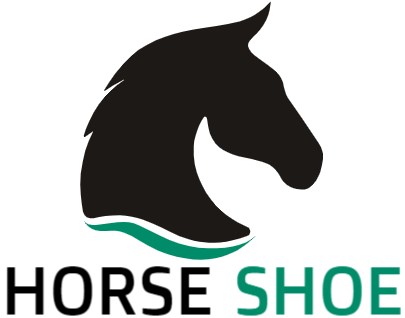
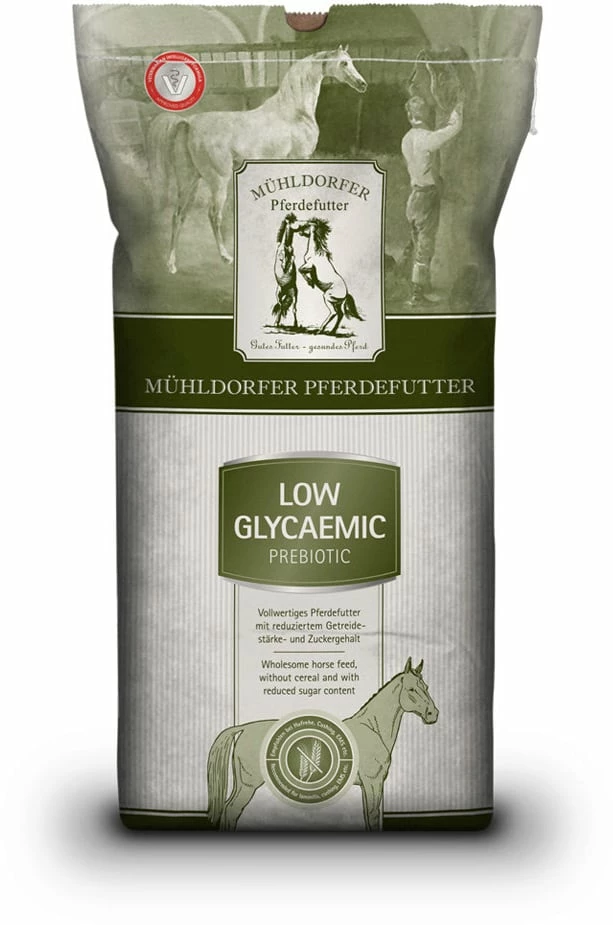
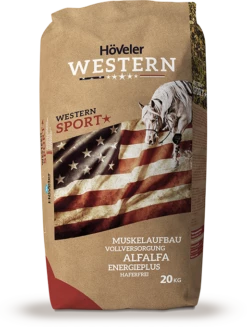
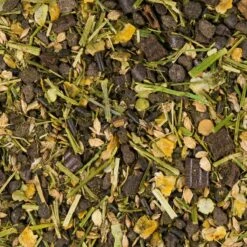



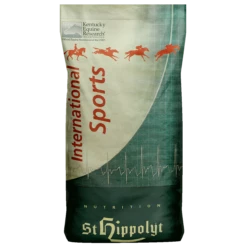
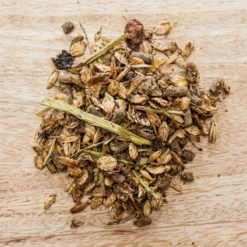
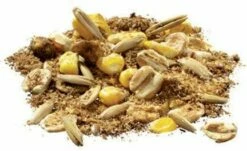
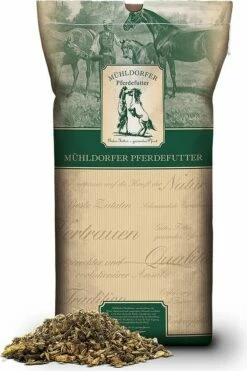
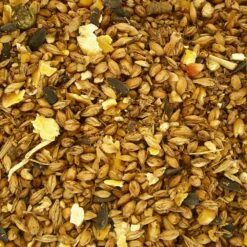
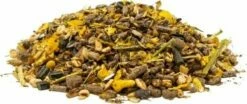
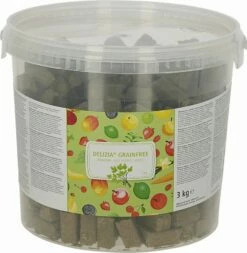
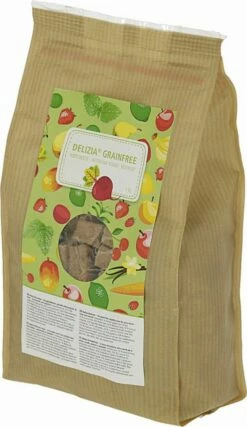
Reviews
There are no reviews yet.